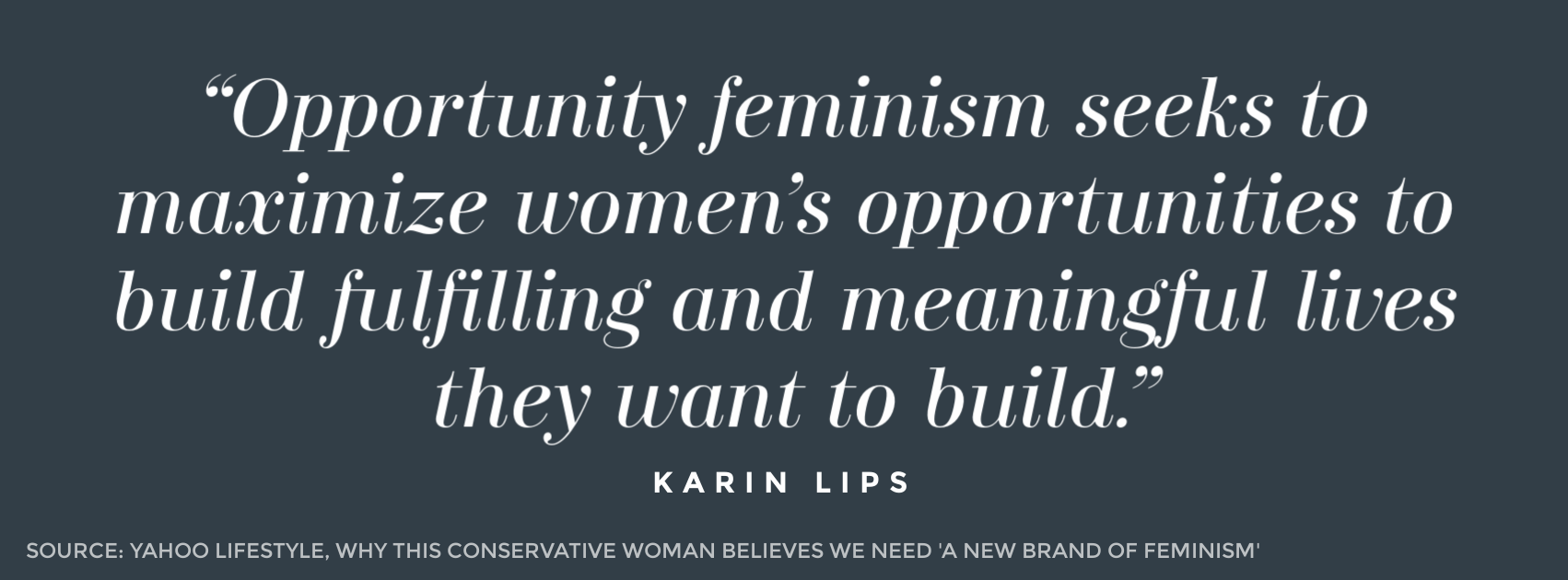“Lean In” to Life
This article originally appeared in Townhall.
Mattel has a new Barbie, “Entrepreneur Barbie,” hitting shelves this summer, complete with a tablet, smartphone, and briefcase. For only $12.99, you can own this Barbie who is “ready to make a bold business move and strike out on her own to achieve her career dreams.” She is “breaking through plastic ceilings and inspiring girls to follow their dreams,” and now has her own LinkedIn profile, hashtag, and billboard in Times Square with the slogan, “If you can dream it, you can be it.”
Entrepreneur Barbie’s entrance into the “girl power” discussion is a good reminder that girls not only can choose among a variety of careers, but would be wise to try to think entrepreneurially about building a fulfilling life both inside and outside of the workplace. Young girls shouldn’t just think about “leaning in” to work, but also “leaning in” to life—which includes discussions of marriage and family. Barbie now has over 150 careers—from registered nurse to Olympic athlete to astronaut to presidential candidate. And, as just about any young girl can tell you, she also has Ken.
That’s a message that often causes much hand-wringing among those on the Left who are laser-focused on seeing more women Fortune 500 CEOs. It’s okay to encourage women to “lean in” at work, but the truth is that most young women also care about how to “lean in” to life outside of work, including building a marriage and family.
Sheryl Sandberg’s book, Lean In: Women, Work, and the Will to Lead, has inspired women across the country to “lean in” at the workplace—by speaking up in meetings, taking on bigger projects, and asking for greater responsibility. Highlighted copies of the book are being shared, women speakers are being brought in, and Lean In Circles are popping up at corporate headquarters. There is some good advice in her book about how to move up the career ladder. But the problem is more complicated since most women want more than just a fancy title—they want a fulfilling life inside and outside of the workplace.
The large majority of Americans aren’t just focused on careers, and this includes college women. The 2012 Her Campus “Ultimate College Girl Survey” of 2,589 girls ages 17-23 from 677 colleges across the country found that more than 80 percent of respondents wanted to be married by age 30—17.1 percent under age 25, 46.5 percent between ages 25-27, and 20.9 percent between ages 28-30. And a majority wanted to have kids by age 30—including a quarter who wanted kids by age 27. By age 27, which is traditionally five years out of college, over 60 percent want to be married and a quarter want to have kids. Where are the serious articles, books, circles, and foundations discussing this?
Susan Patton hit the national stage with a letter to the editor to The Daily Princetonian advising women to search for husbands while on campus. Now known as the “Princeton Mom,” Patton has parlayed this message into op-eds, TV appearances, and a book deal. Her initial observation hardly should have been controversial: She reminded Princeton coeds that they are in an environment which includes the highest concentration of eligible men who share their interests and dreams that they will likely ever find in their lives. So it makes sense to look for a spouse. She’s since taken this message in a more controversial direction—she does have books to sell—but that her original piece received so much mocking signals how far the pendulum has swung to making it taboo to acknowledge marriage as a life goal.
It shouldn’t be that way. We should have honest conversations about getting ahead in all aspects of life—and not just give women advice on the career aspect.
Young girls would be better off if so many “girl power” movements didn’t focus on single-minded careerism. Instead of just discussing how to “lean in” to work, we should broaden the discussion to how to “lean in” to life. After all, when we think of Barbie, we don’t just think about her career, but also Ken.



